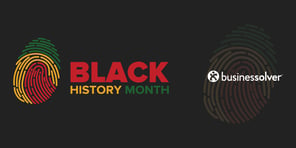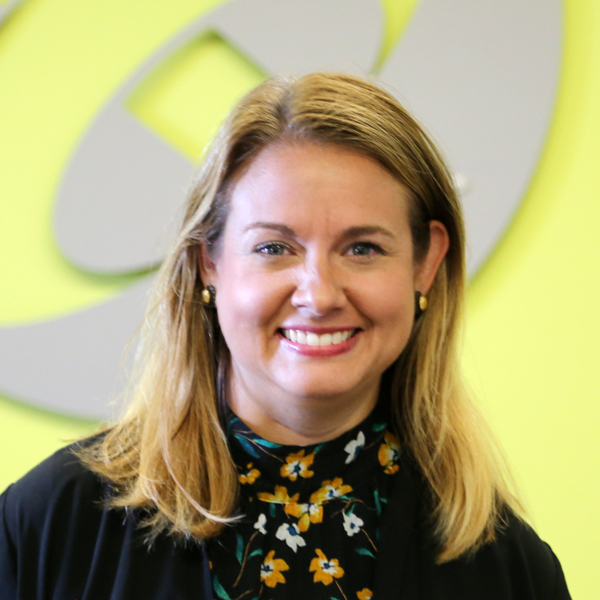As an organization deeply committed to diversity, equity, and inclusion, Businessolver is proud to celebrate Black History Month.

Not just in February, but all year, we uplift and amplify Black excellence throughout our nation’s history. In particular—with STEM & Career Education as one of the giving pillars supported by the Businessolver Foundation—I’m proud to lead the Foundation in supporting the next generation of American STEM leaders, as well as our organization-wide celebration of Black STEM innovators. It’s my privilege to honor four remarkable Black scientists, technologists, engineers, and mathematicians:
Honoring Black excellence in science: Dr. Marie M. Daly
Born in 1921 in New York, in 1947 Dr. Daly became the first Black woman in the United States to earn a PhD in chemistry. Upon receiving a grant in 1948 from the American Cancer Society, Daly explored and discovered key medical innovations, including the relationship between high cholesterol and heart disease and conducting pioneering research into the effects of cigarette smoke on the lungs. Her work created a new understanding of how food, diet, and lifestyle affect heart health.
To inspire and support future generations of scientists, in 1988 Dr. Daly created a scholarship at Queens College to help students of color enroll in medical school and pursue graduate science.
A spotlight on Black innovation in technology: Mark Dean
After joining IBM in 1980, Dean quickly achieved success; he holds three of the tech giant’s nine original patents for the personal computer and as such is named the co-inventor of the PC. In addition, went on to earn his PhD from Stanford, develop the color PC monitor, and invent the first gigahertz chip.
He was born, raised, and currently lives and works as a professor in Tennessee, where he has a holiday named in his honor in Knox County, not far from his hometown of Jefferson City.
Highlighting Black excellence in engineering: Mae Jemison
Born in Alabama in 1956, Jemison received her bachelor’s degree in chemical engineering from Stanford in 1977. Ten years later—during which time she earned a medical degree and served in the Peace Corps—she was accepted in 1987 to NASA’s astronaut training program, as one of just 15 candidates selected from a pool of more than 2,000 applicants. In 1992, Dr. Jemison boarded the Endeavour, becoming the first Black woman in space.
Since leaving NASA in 1993, Dr. Jemison has created a nonprofit educational foundation, authored several children’s books, received nine honorary doctorates in science, and been inducted into the International Space Hall of Fame.
A hallmark of Black achievement in mathematics: Elbert Frank Cox
Dr. Cox was the first Black person in the world to receive a PhD in mathematics, which he earned from Cornell University in 1925. He spent most of his career teaching math at Howard University, where one of his standout students was William Schieffelin Claytor, who in 1933 followed in Cox’s footsteps to become the third Black American to receive a PhD in mathematics. Dr. Cox was promoted to professor at Howard in 1947 and led the university’s math department from 1957 to 1961. And prior to his death in 1969, Dr. Cox was instrumental in laying the foundation for Howard’s PhD mathematics program; established in 1976, it was the first—and remains the only—PhD program in math at a U.S. historically black college/university.
These proud and courageous individuals each helped propel U.S. STEM achievement and inspired countless Americans of all backgrounds to study and pursue STEM careers. It’s our joy to recognize them at Businessolver in celebration of Black History Month.



